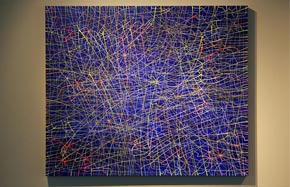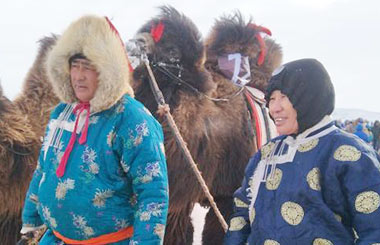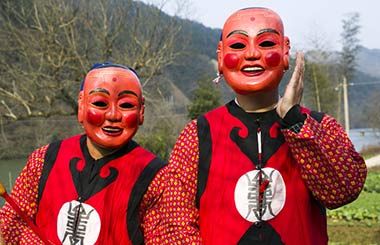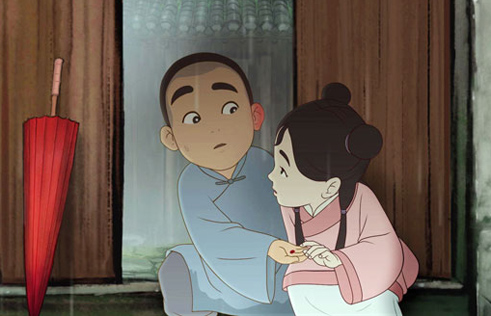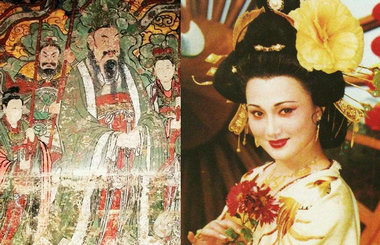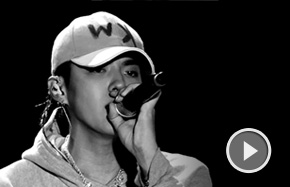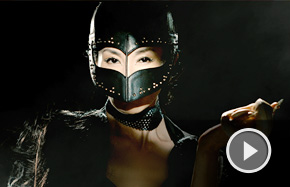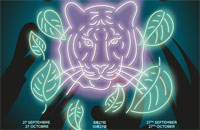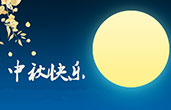A look at Sinologists through the centuries
"It was in late 16th century when Westerners first had the chance to see and study ancient Chinese classics, which was the starting point of Sinology in the West-the study of ancient Chinese culture and thoughts," he says.
It was another milestone for Sinology when Le College de France created a special teaching post for Chinese studies over a century later. It offered free public lectures.
Subsequently, higher-education institutes in other countries, including Russia, Britain, Germany, the Netherlands and the United States followed suit, Gu explains.
Early Sinologists were generally erudite,according to Gu.
Many never visited China but learned to read the language using dictionaries.
They delved into such dimensions of Chinese civilization as ancient literature, history, religion, traditional medicine and philosophy.
But each subject has become increasingly specialized over the centuries. This means foreign researchers can't spare the time and energy outside their particular subfields. Consequently, we don't tend to call contemporary China researchers Sinologists.
"Those who started Chinese studies in the 1930s and '40s are the last generations of what we call Sinologists. Afterward, few people have been as rounded in their knowledge," he says.
Communication between China and the rest of the world has increased since the end of the 19th century.
More Sinologists visited the country during this period, such as Edouard Chavanne, who came to Beijing as an interpretor for the French government in 1889.
He met Chinese scholars and-with the help of Qing Dynasty (1644-1911) diplomat Xia Li, who handled relations with France-he began translating the Record of the Great Historian.
Chinese scholars were deeply impressed by their interactions with Sinologists.




